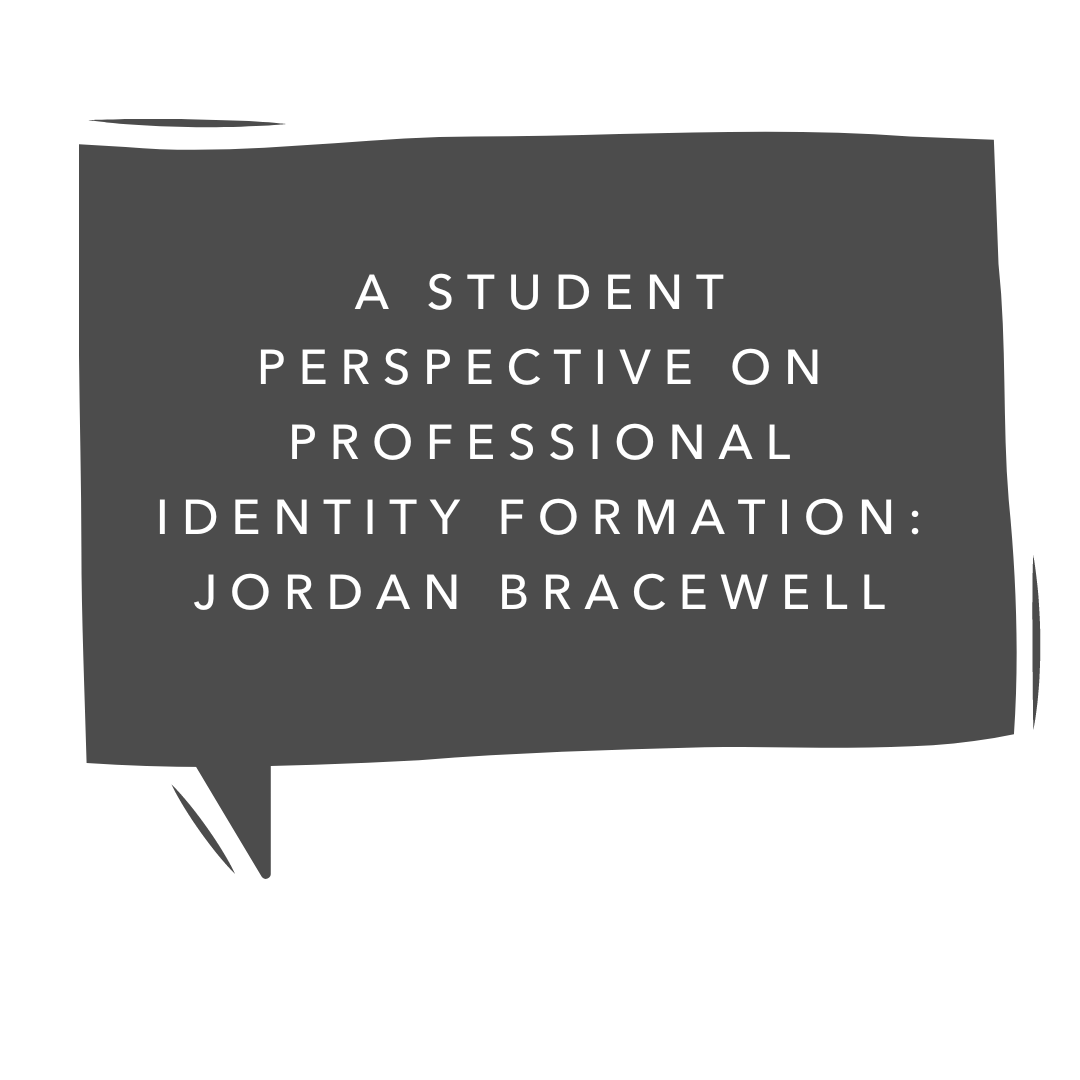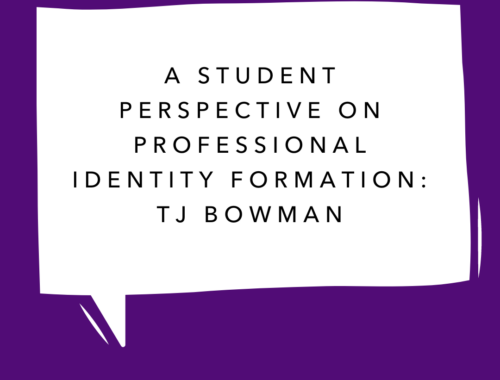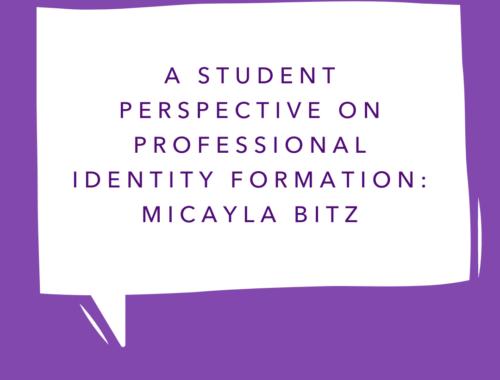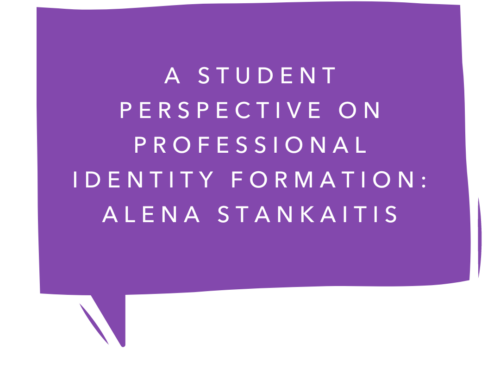By: Jordan Bracewell, Mercer Law School
When I entered law school, my goal was to learn as much as I could so that I would make a great attorney. What I had in mind was learning the sort of knowledge gained from a textbook or by perfecting an oral argument, but being an attorney requires more. Law school has given me the tools to cultivate the intentional professional identity necessary to become a great attorney.
Mercer Law encouraged me to reflect on and form my professional identity starting 1L year with a required three-hour course, The Legal Profession. While cultivating a professional identity can include a constellation of virtues, Mercer emphasizes six necessary professional virtues: competence, fidelity to the client, fidelity to the law, public spiritedness, civility, and practical wisdom. The Legal Profession helps first-year law students learn the six virtues through various reading assignments, including The Formation of Professional Identity and Bryan Stephenson’s Just Mercy, listening to presentations on the virtues, participating in group discussions and exercises, and meeting practicing attorneys and judges.
Class exercises were particularly beneficial because they gave me an opportunity to be placed in hypothetical scenarios and see the importance of each virtue while recognizing the virtues can conflict with one another (such as fidelity to the client verses fidelity to the law). The hypotheticals were a chance to reflect on difficult situations within the profession and the values that I would use to help me respond. The discussions take place in small groups, and my classmates always had valuable insight that helped me develop the capacity to imagine alternatives. After we read and had discussion, the course also required weekly reflections. These reflections were an opportunity to slow down and be intentional in what I had learned during the week and throughout the course.
Additionally, the opportunity to hear from and interview attorneys and judges on their experiences broadened my understanding of the challenges and rewards of the legal profession. I appreciated how honest each person was in sharing with our class their insecurities and struggles, whether related to mental health, finances, family, job-searching, or being a woman or minority in the profession. I also appreciated how uplifting and encouraging each of our guests were. With no family or close friends who are attorneys, it was a valued chance for me to learn more about the different legal fields, get advice, and create connections. Several people who spoke to my 1L class have since been involved in my professional growth.
Now as a 3L approaching graduation, I am grateful that Mercer Law requires this class for all its students, and I enjoy telling others about what I have learned from Mercer. I have carried these professional virtues through other classes, interactions with students, leadership in student and community organizations, a judicial externship, and summer clerkships. Like many called to the legal profession, it has always been important to me to serve my community and to uplift others. This course was unique training in that it offered a new framework of values, problems, and guidance for upholding virtues while competently navigating the legal field. I hope the professional identity courses offered at law schools are creating a generation of future lawyers who are confident in themselves, know they can ask for help, and display the values we learned.
To me, professional identity means being intrinsically motivated to provide the best service to my future clients and to the legal profession. It is not possible to be an exceptional attorney without adhering to the virtues taught by Mercer, which should shape every professional interaction. I am thankful for professors like Patrick Longan, Daisy Floyd, and Timothy Floyd for the work they do to cultivate and instill these virtues in future attorneys through a safe environment to learn and grow. I am also grateful for the attorneys and judges who help law students and encourage new attorneys in their formation of professional identity. I look forward to continuing to develop my professional identity and to entering a field that has recognized the importance of teaching the virtues of competence, fidelity to the client, fidelity to the law, public spiritedness, civility, and practical wisdom from the very beginning of a legal career.
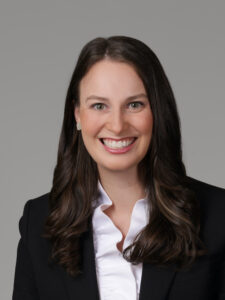
Jordan Bracewell is a 3L at Mercer University School of Law. During her time in law school, Jordan has served as Articles Editor for Mercer Law Review, Student Bar Association’s Honor Court Chief Justice, Vice President of Mercer Law Joshua’s Wish (a local nonprofit), judicial extern to Chief Judge Marc T. Treadwell of the U.S. District Court for the Middle District of Georgia, and as Mercer Law’s student representative for the State Bar of Georgia Committee on Professionalism.
